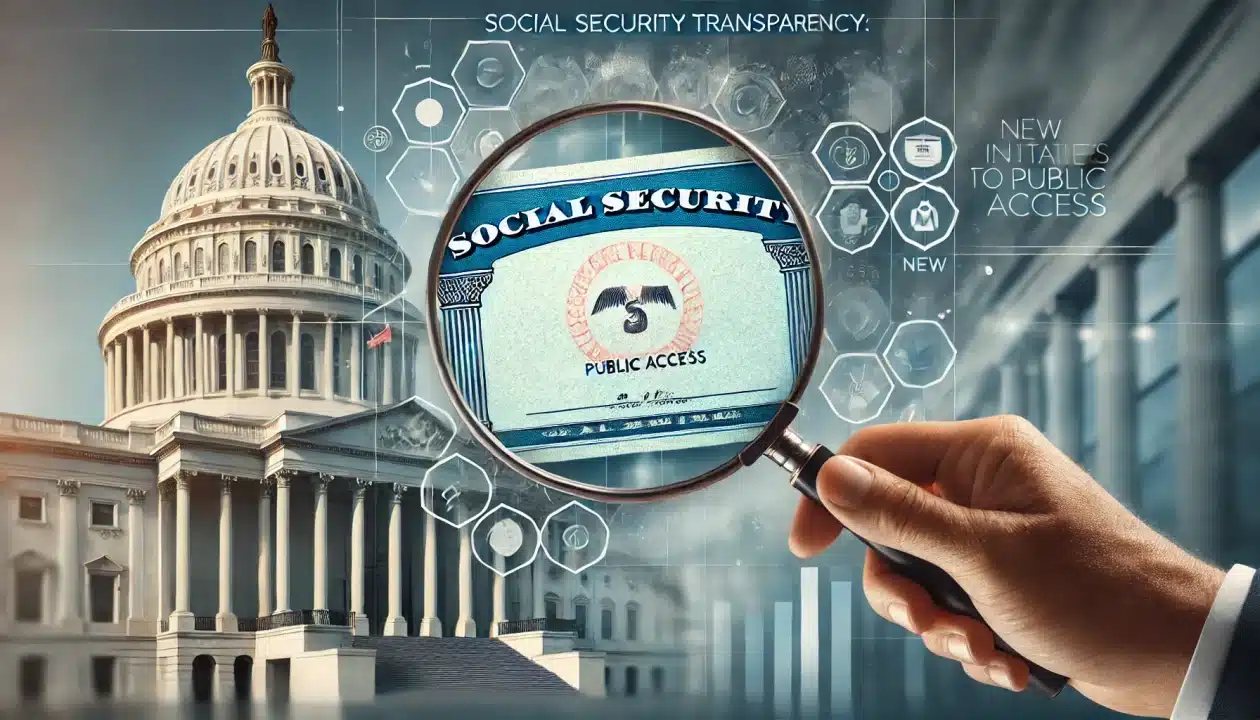Social Security benefits serve as a vital income source for millions of Americans. While these benefits are generally protected from creditors, certain circumstances allow for garnishment. Understanding these exceptions and knowing how to safeguard your benefits is essential.

General Protections Against Garnishment
Under federal law, Social Security benefits are typically shielded from garnishment by most creditors. This means that debts like credit card balances, medical bills, personal loans, and private student loans cannot usually lead to the seizure of your Social Security income. The Social Security Act explicitly exempts these benefits from execution, levy, attachment, garnishment, or other legal processes.
Exceptions Allowing Garnishment
Despite these protections, there are notable exceptions where garnishment is permitted:
- Federal Tax Debts: The Internal Revenue Service (IRS) can levy up to 15% of your Social Security benefits to recover unpaid federal taxes.
- Child Support and Alimony: Court orders for child support or alimony can result in the garnishment of Social Security benefits to fulfill these obligations.
- Federal Student Loans: Defaulted federal student loans may lead to the garnishment of Social Security benefits.
- Non-Tax Federal Debts: Delinquent non-tax debts owed to other federal agencies can also result in benefit garnishment under the Debt Collection Improvement Act of 1996.
Protecting Your Social Security Benefits
To safeguard your benefits:
- Stay Current on Obligations: Ensure timely payments of federal debts and court-ordered obligations to prevent garnishment.
- Use Direct Deposit: Having your benefits directly deposited can help banks identify and protect exempt funds from garnishment.
- Seek Legal Assistance: If you receive a garnishment notice or believe your benefits are improperly targeted, consult with a legal expert familiar with Social Security laws.
Understanding these exceptions and taking proactive steps can help ensure that your Social Security benefits remain a reliable source of income.
